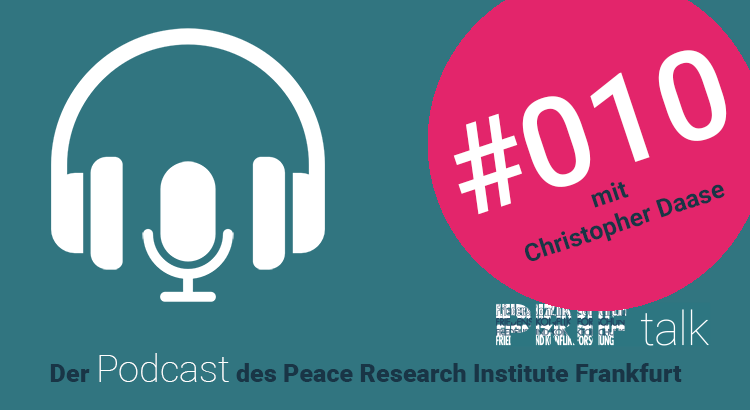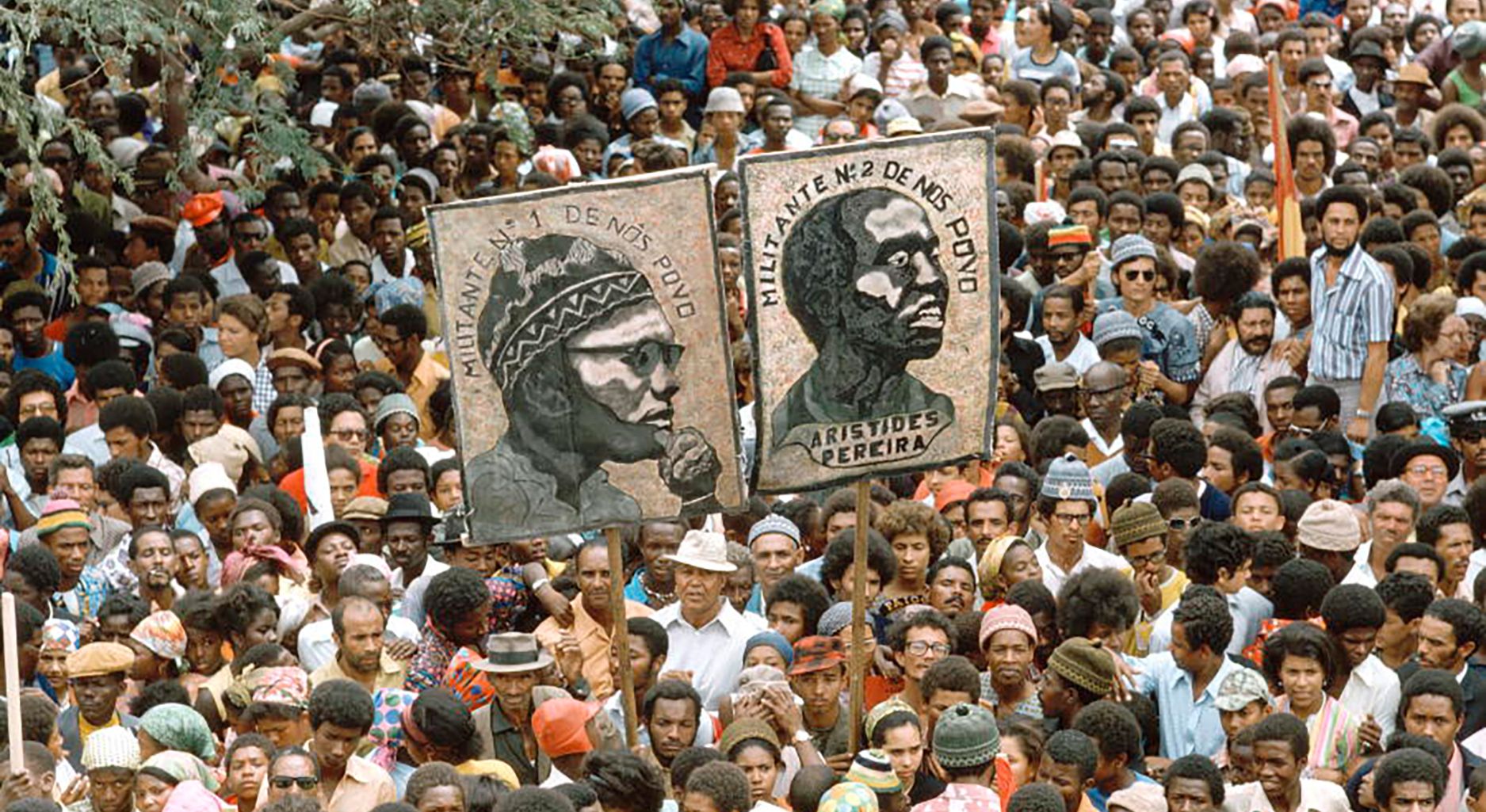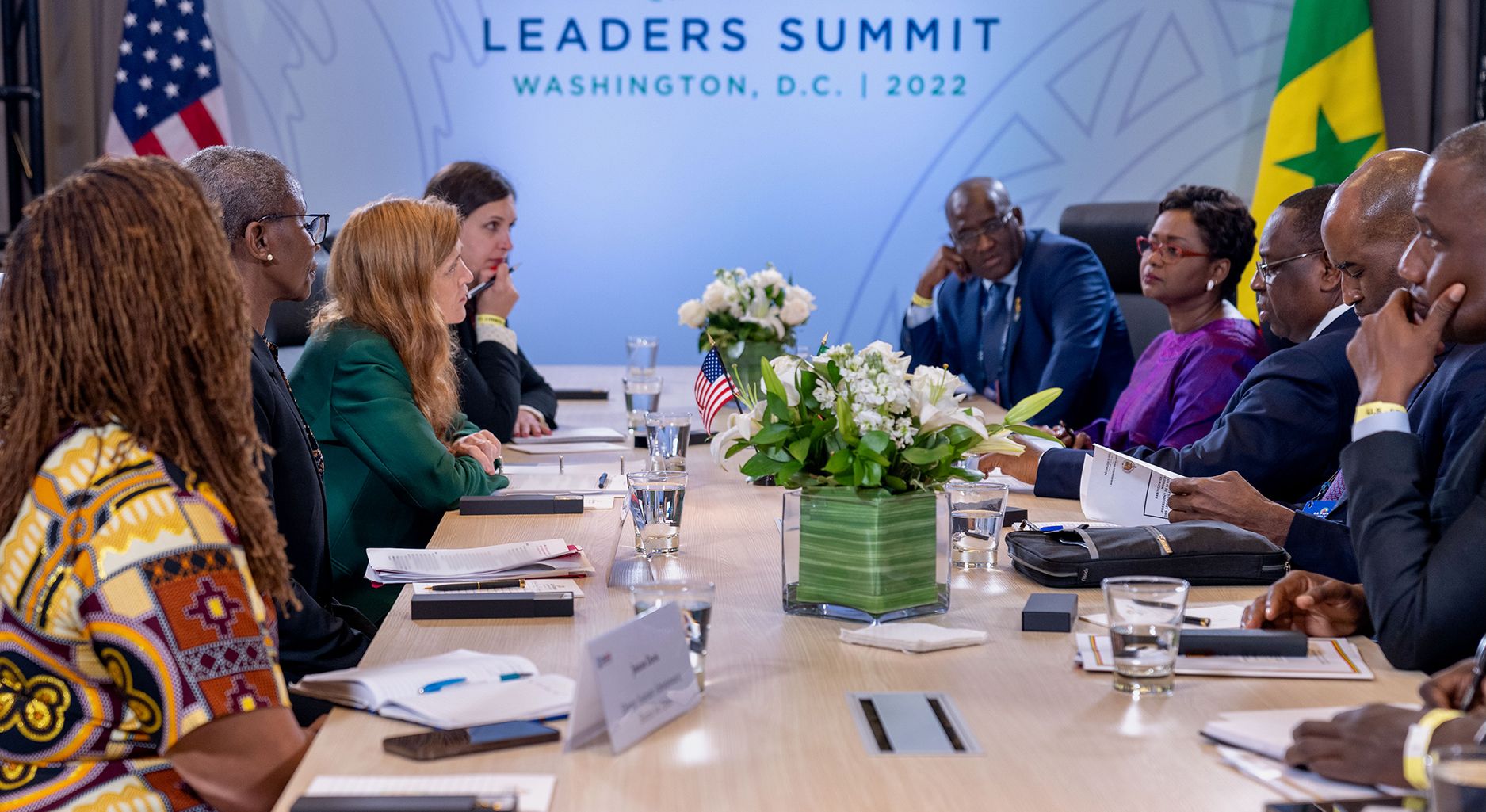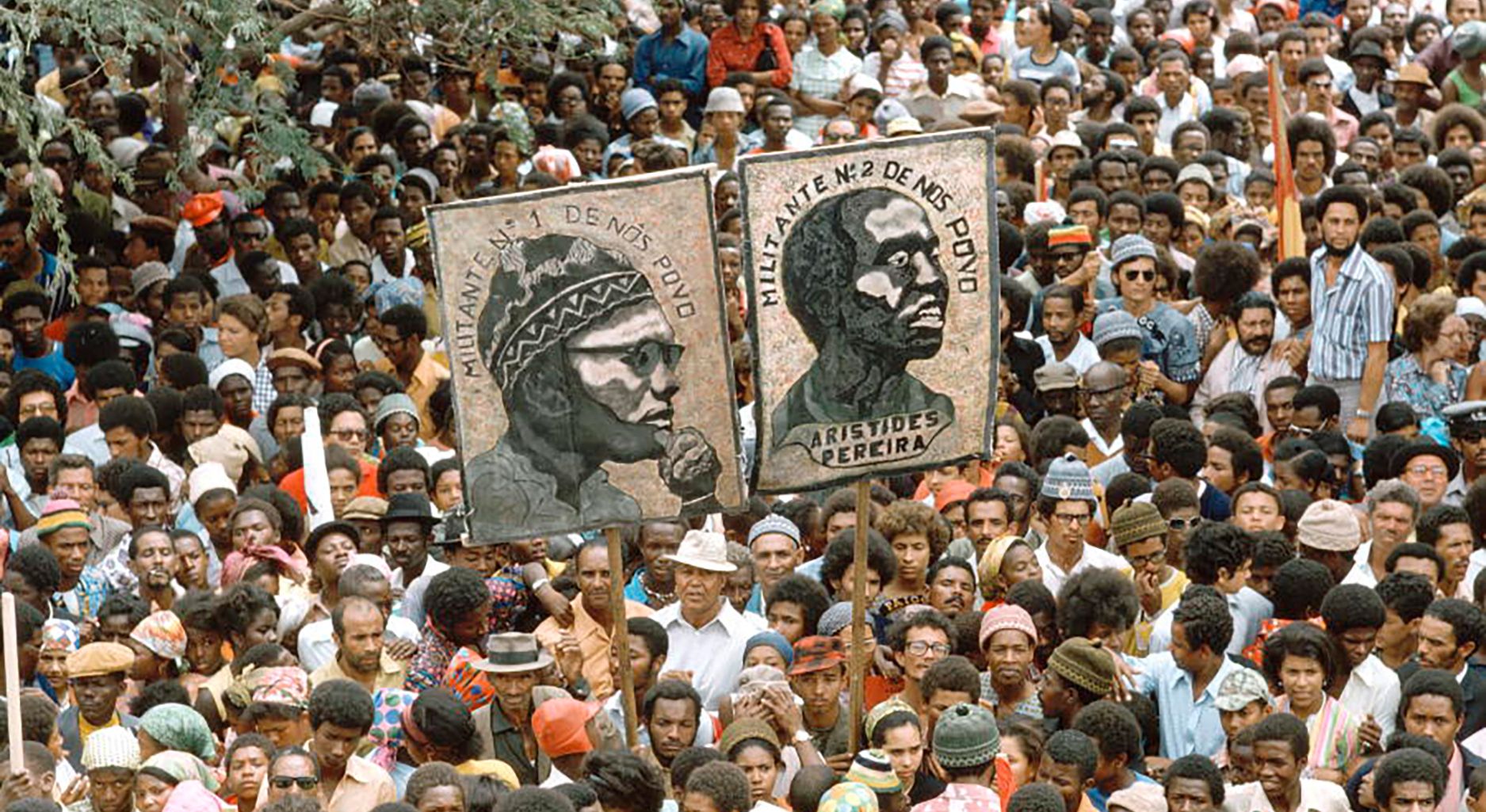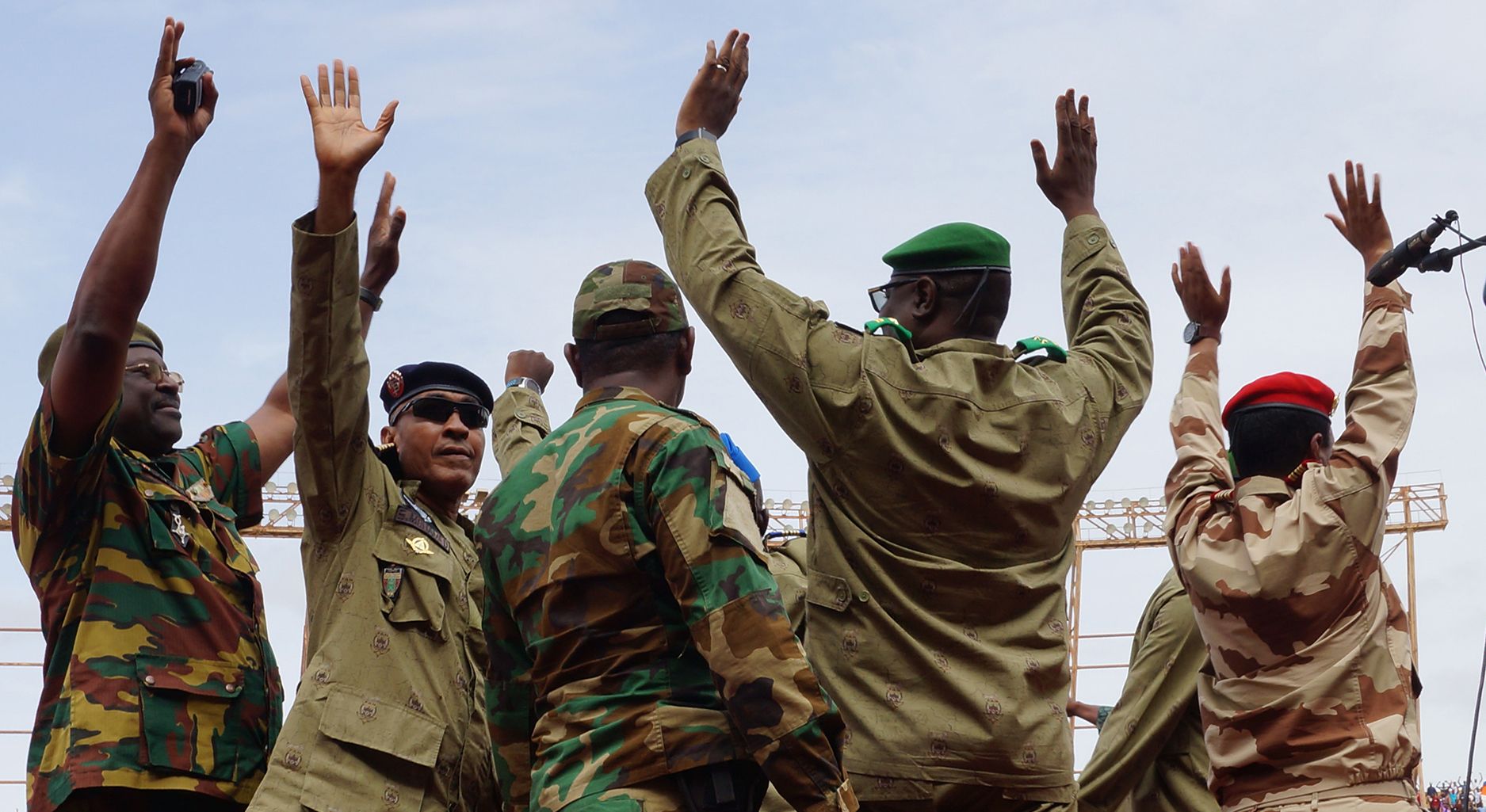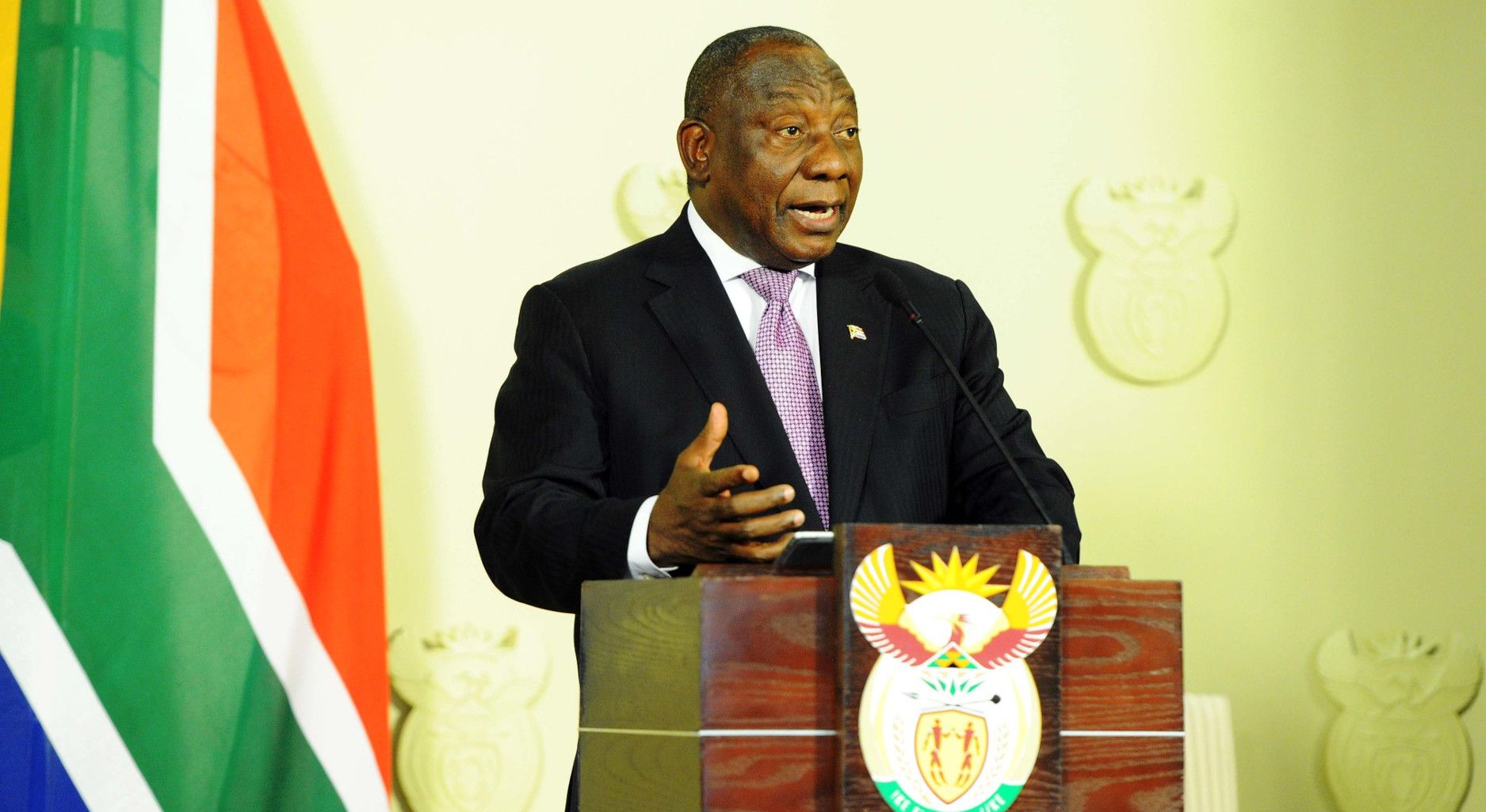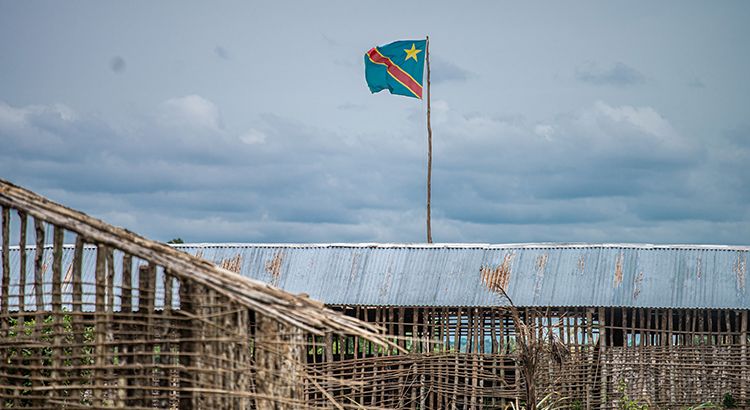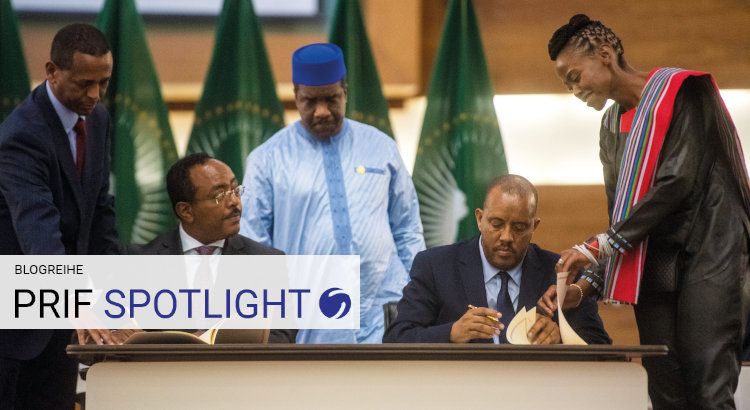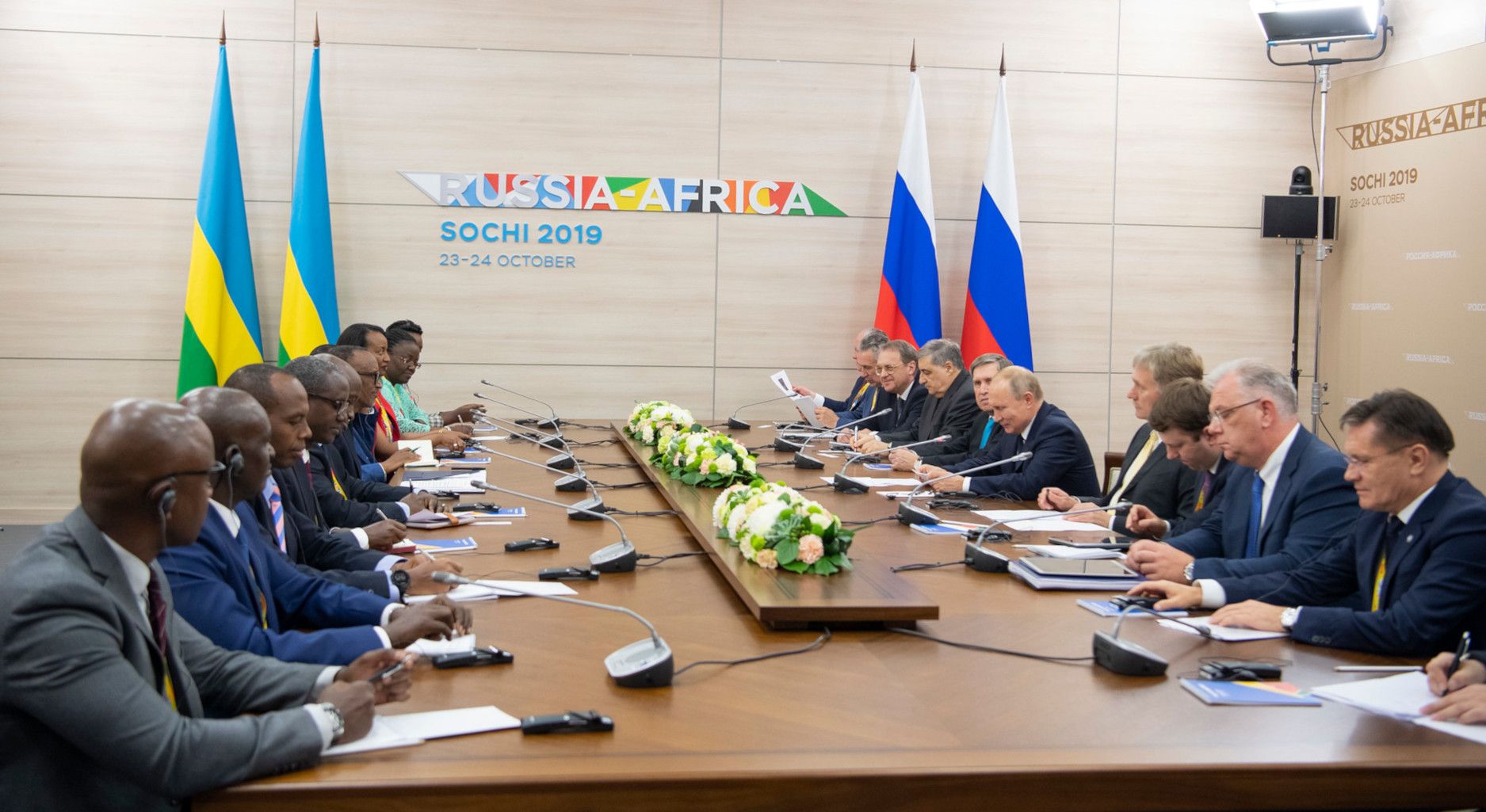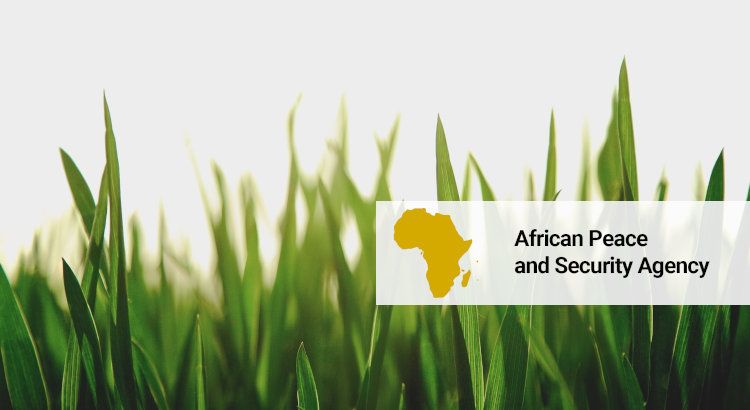PRIF talk #010 // Das Friedensgutachten 2024
Das globale Konfliktgeschehen hat sich im vergangenen Jahr weiter verschärft: Der Krieg zwischen Israel und der Hamas in Gaza, die anhaltende Aggression Russlands gegen die Ukraine sowie Militärputsche und dschihadistische Gewalt in Afrika forderten zehntausende Opfer. Militärische Interventionen in Konflikte zeigen dagegen kaum Erfolge, auch die Bekämpfung von Armut und Hunger stockt. Weltweit setzen zudem extremistische Bewegungen die Demokratien unter Druck. Das Friedensgutachten, das im Juni 2024 erschienen ist, schlägt in dieser „Welt ohne Kompass“ Orientierungspunkte vor. Mitherausgeber Christopher Daase fasst in unserem Podcast die wichtigsten Punkte zusammen.
Das Friedensgutachten erscheint seit 1987 jährlich und wird von PRIF gemeinsam mit dem Bonn International Center for Conflict Studies (bicc), dem Institut für Friedensforschung und Sicherheitspolitik an der Universität Hamburg (IFSH) und dem Institut für Entwicklung und Frieden (INEF) der Universität Duisburg-Essen herausgegeben.
Christopher Daase ist Professor für Internationale Organisationen an der Goethe-Universität Frankfurt und stellvertretendes geschäftsführendes Vorstandsmitglied von PRIF. Er leitet den Programmbereich „Internationale Sicherheit“ und seine Forschungsschwerpunkte liegen im Bereich der Sicherheitspolitik sowie der internationalen Institutionen.
*Shownotes*
- Website des Friedensgutachtens
- Friedensgutachten 2024: „Welt ohne Kompass“
- Herausgebende Institute des Friedensgutachtens:
- YouTube-Video: Vorstellung des Friedensgutachtens auf der Bundespressekonferenz
- PRIF talk #007 // Das Friedensgutachten 2023
Social Media
